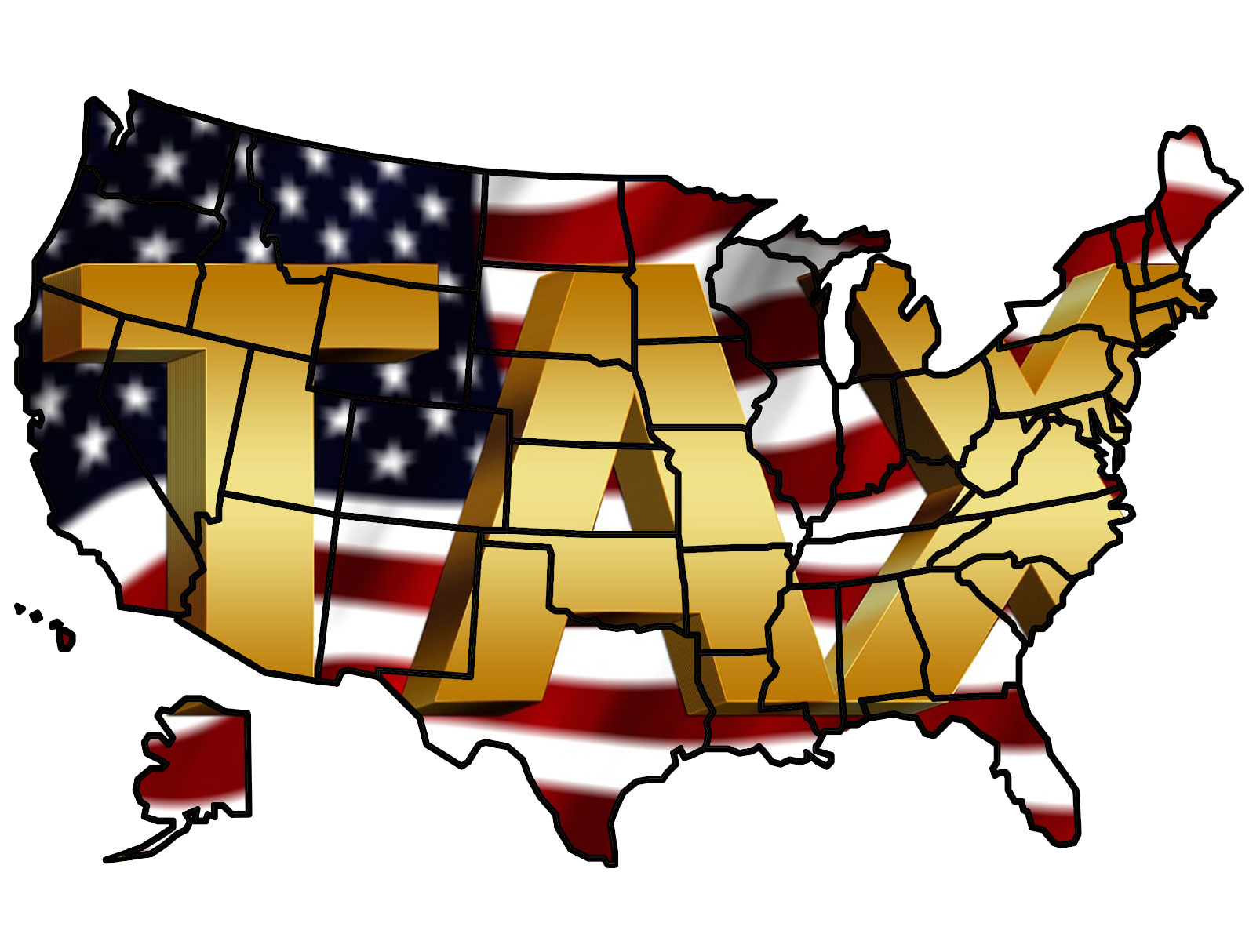bWyse Blog ~ What We're Hooting About!
Below you will find a wealth of Internet Marketing information.
We blog three times per week - check back often for latest and greatest internet marketing information.

On June 21, 2018, the United States Supreme Court overturned exiting legal precedence that required physical presence as a requirement for nexus in order for states to collect (and pay) sales and use tax from businesses. In other words, in South Dakota versus Wayfair, Inc, the court ruled that in additional to a physical presence, there are other manners in which nexus can be determined by a state; such as number of sales transactions that occur within the state, or total amount of annual sales.
Small businesses need to be aware of these changes, since we may need to collect and pay sales or use taxes to states beyond where our business is located.
There are different types of nexus.
It is important to consult with your attorney and CPA to determine which nexus rules may apply to your business.
The following states have economic nexus laws. Some of which go into effect as soon as July 1, 2018. These laws change constantly, so please consult your accountant or attorney if you have any questions – and for the most up-to-date information.
Some sates have a rebuttable provision – meaning you have the opportunity to prove you don’t need to pay.
Other states are irrebuttable – meaning it’s impossible to turn over the state’s law no matter how strong your proof is that you don’t need to pay.
Threshold: More than $10,000 during the preceding 12 months.
Threshold: More than $10,000 and more than $1 million in annual in-state sales.
Threshold: More than $2,000 during the preceding four quarterly periods.
Threshold: More than $50,000 in the preceding 12 months.
Threshold: More than $10,000 in the preceding 12 months.
Threshold: More than $10,000 during the preceding 12 months.
(Goes into affect April 1, 2016)
Threshold: More than $50,000 during the preceding twelve months.
Threshold: More than $10,000 during the preceding year.
Threshold: More than $10,000 during the immediately preceding 12 months.
Threshold: More than $10,000 in the 12-month period ending on the last day of the most recent calendar quarter before the calendar quarter.
Threshold: More than $10,000 in the preceding 12 months.
Threshold: More than $10,000 in the preceding quarterly four periods.
Threshold: More than $10,000 in the prior four quarterly periods.
Threshold: More than $10,000.
Threshold: More than $10,000 during the preceding four quarterly periods.
Threshold: More than $10,000 during the preceding calendar year.
Threshold: There is no threshold specified, so assume you owe sales tax if you have click-thru nexus.
Threshold: More than $5,000 during the four preceding quarterly periods.
Threshold: More than $10,000 during the preceding 12 months.
(Begins July 1, 2018)
Threshold: More than $10,000 in the preceding tax year.
Threshold: More than $10,000 in the preceding tax year.